Episode 7: A special tribute to wolves and women with Paul Paquet
In our seventh Of Wolves and Women episode, Paul Paquet reflects on the profound impact the women featured in this series have had on both his life and his understanding of wolves.

In our seventh Of Wolves and Women episode, Paul Paquet reflects on the profound impact the women featured in this series have had on both his life and his understanding of wolves.

Gudrun was admired for her good sense of humour, generous spirit, and infectious love for being out on the land.
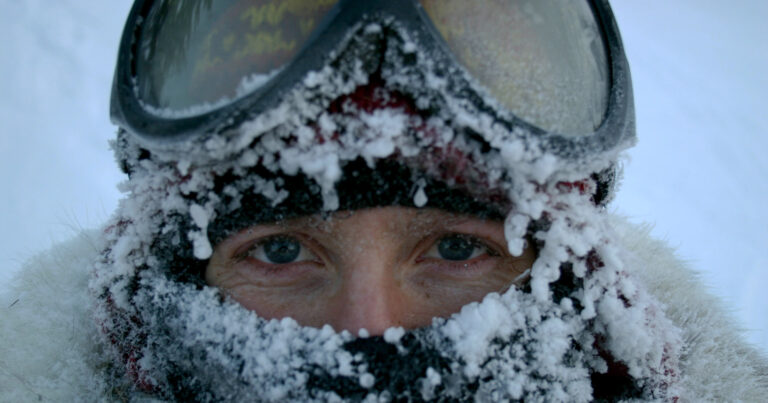
In our fifth Of Wolves and Women episode, Astrid Vik Stronen delves into the fascinating world of conservation genetics, revealing how this field can guide wildlife protection amidst rapid environmental change.

Marked by a long history of persecution and astonishing resilience, wolves continue to be in the crosshairs of both the public and policymakers.
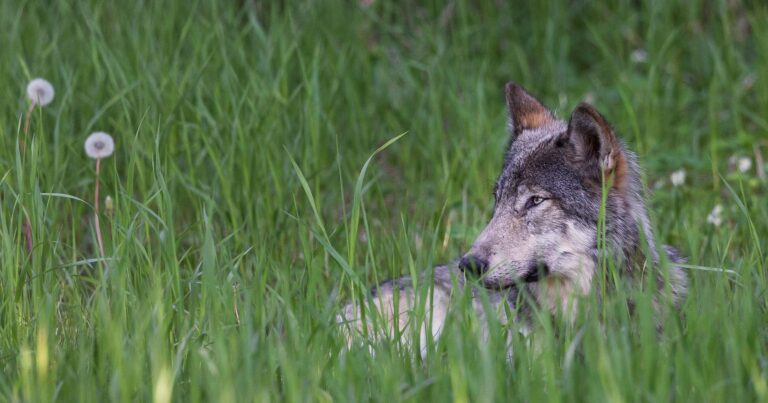
We have ethical responsibilities to targeted species and to biodiversity, and we need to consider the well-being of both.
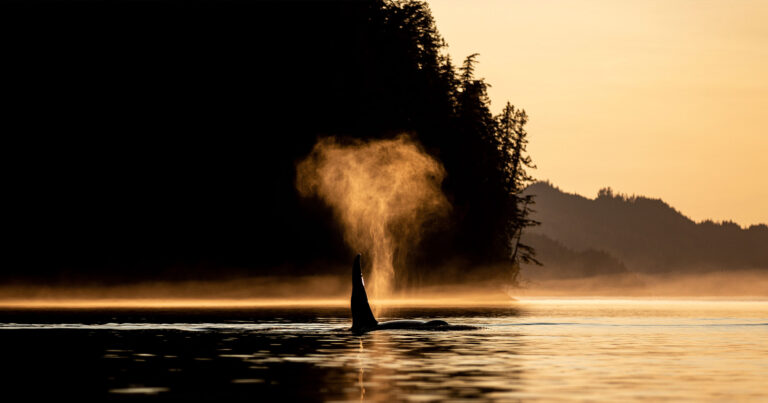
Worrying signs of an accelerated decline in Southern Resident killer whales.
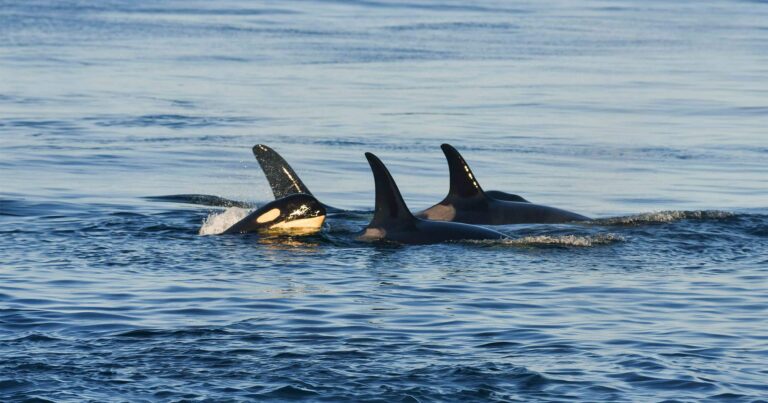
The study reveals more action is needed to save endangered Southern Residents.

British Columbia must reevaluate its caribou habitat protection policies and do better by its environment and its citizens, argues Raincoast scientists.
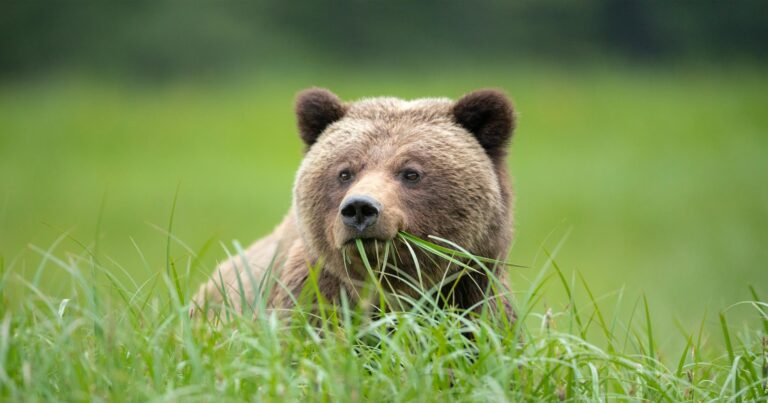
Large carnivores, such as wolves, bears, and cougars, play important and unique roles in shaping healthy ecosystems.

The evening was attended by many inspiring change makers and during the evening, we distributed four awards to outstanding individuals and organizations.
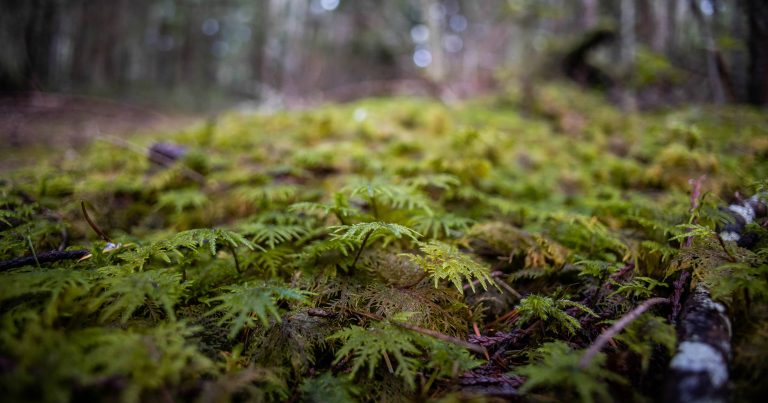
This article systematically reviews the literature on ecotype designations and reflects on recent advances in genetic science to show that genetic analyses can provide concrete evidence for the designation of ecotypes, which has implications for conservation decision making.
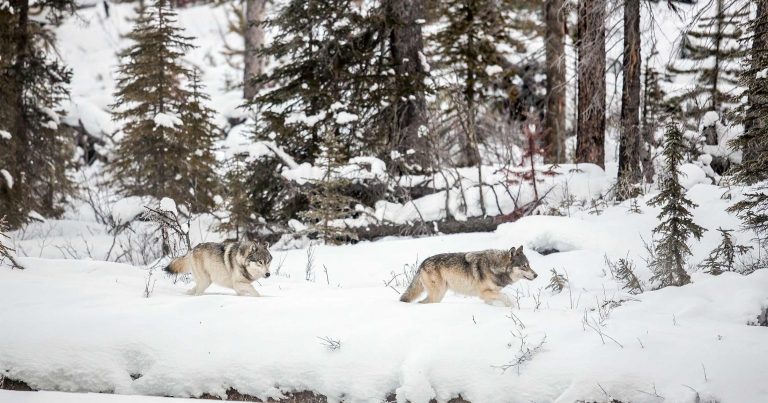
The Kootenay Wolves – Five years Following a Wild Wolf Pack is a spectacularly illustrated photography book by John E. Marriott, full of behavioural observations and wolf tales that will engage those interested in the state of wild wolves in North America.